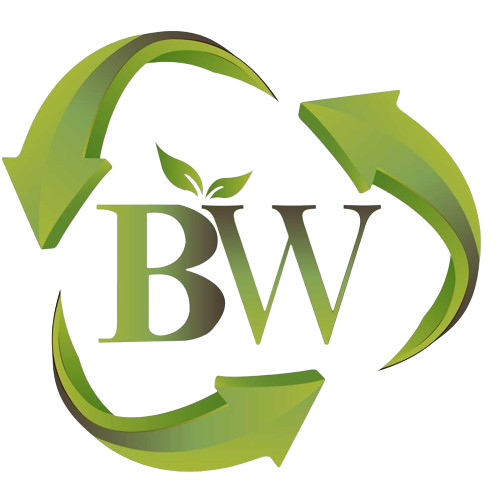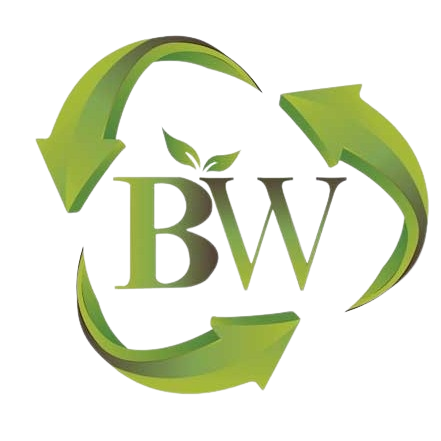Why is BagWasher made out of Polypropylene?

Polypropylene (PP) is a thermoplastic polymer (a type of plastic) that has a wide variety of applications. As one of the most common thermoplastics in the world, uses range from food packaging to medical devices to fabric fibers. Of the variety of commercial plastics available today, polypropylene is considered one of the safest.
At MiEN, we use polypropylene as a material in our products because of its sustainability and safety characteristics, including high durability and low chemical toxicity. Not only is this material a good choice for health and safety, but polypropylene also can withstand long-term, consistent use, which is why we use it as a component in many of our classroom and multipurpose seating products.
Is Polypropylene Safe? How Polypropylene Affects Humans and the Environment
According to the Environmental Protection Agency (EPA), polypropylene is considered a safer choice than many other types of plastics. It has an EPA Safer Chemical Ingredients classification, which is a program created to identify products that are safer for human health and the environment, as well as reduce, eliminate, or prevent pollution at its source. Additionally, polypropylene is not known to cause cancer in humans and doesn’t generate toxic gases when burned, like PVC plastics produce chlorine.
Polypropylene has a relatively low carbon footprint, transmitting the lowest carbon dioxide emissions compared to other plastics. Throughout the entire lifecycle of a polypropylene product, the material has several sustainability benefits and is a safer choice for health and wellness.
Here are some of the benefits of polypropylene…
During the manufacturing process:
– The manufacturing process of polypropylene produces no toxic waste, no toxic emissions, no fluorocarbons, and no halogens.
– Creating polypropylene fabrics takes fewer natural resources to produce and uses less energy than creating paper, cotton, canvas, and jute fabrics.
During its lifetime and use:
– Polypropylene is a very durable plastic that is resistant to fatigue and has good impact strength. It offers high flexural strength, making it a resilient material for general durability and items that must undergo higher levels of physical stress.
– Polypropylene is waterproof and extremely resistant to moisture absorption. This makes it resilient against mildew, mold, bacteria, and rot.
– The lighter density of polypropylene allows it to be used in applications where weight is a key consideration.
– There are no known cancer-causing effects associated with polypropylene, making it a good option for the health of those using the products.

At the end of the product’s life:
– Polypropylene materials generate fewer waste products in disposal. Additionally, polypropylene is fully recyclable, making it possible to divert from landfills at the end of its life.
– No toxic chemicals are released in the recycling process of polypropylene, and it also does not generate toxic gases when burned.
Knowing that polypropylene is safe, all of these benefits may make you wonder: Is polypropylene sustainable? As a plastic product, polypropylene isn’t completely sustainable, but it’s an environmentally conscious option that offers a wide range of benefits over other materials. It is also a better choice than other plastics, since it doesn’t release toxins, has a relatively low carbon footprint, and is safe to human health.






Leave a Reply
You must be logged in to post a comment.